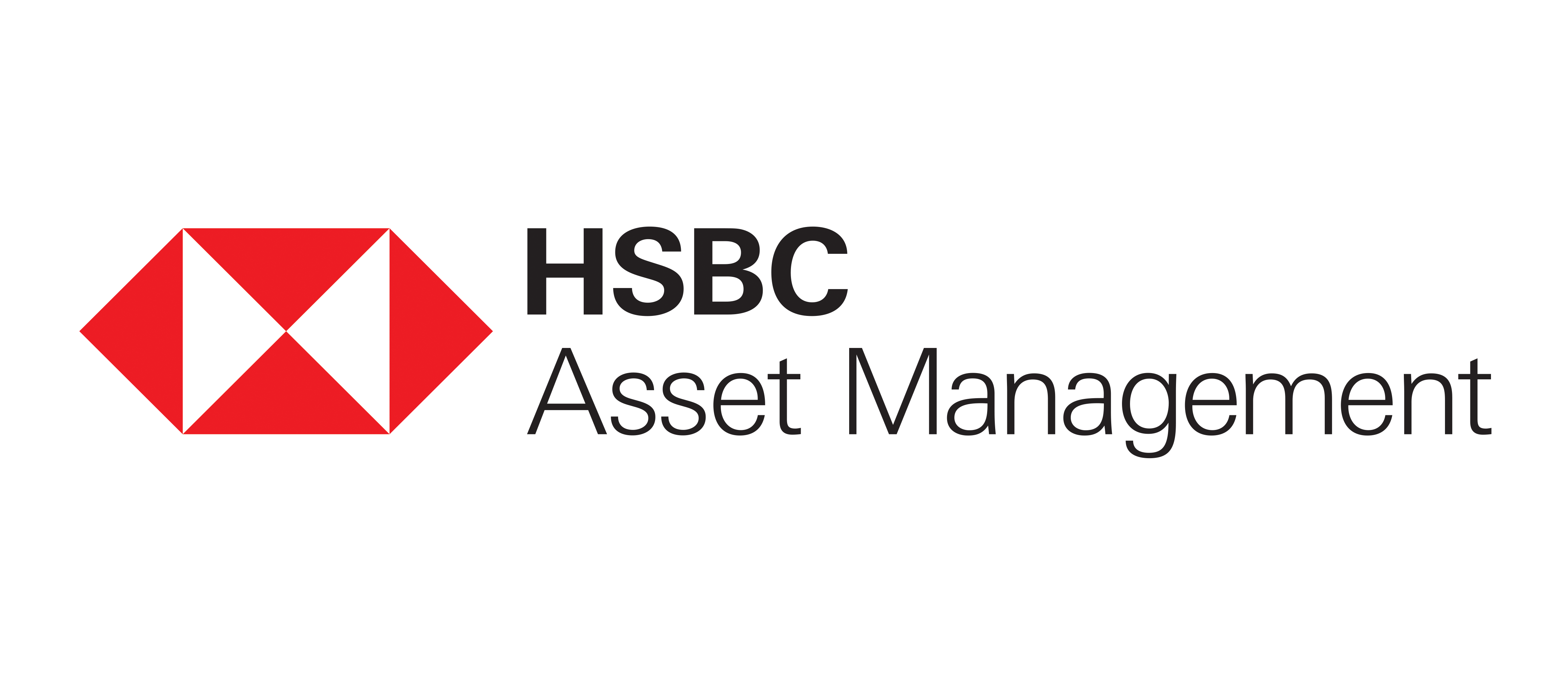2024 market wrap up: How to evaluate your portfolio performance

The year that was
The year 2024 has been an eventful one that saw market climbing to record high and also deep corrections. Geopolitical tensions as well as the Lok Sabha and US Presidential Election, coupled with the anticipation surrounding the Fed rate cuts fuelled the volatility in the markets. The Nifty slipped below the psychologically important 24,000 level. US markets bounced back after the Republican victory in the US elections. Nifty closed the month of November 2024 above 24,000 levels. Though the market has consolidated from the bottom, there are concerns about economic growth as India’s GDP growth slumped to 5.4% in Q2 FY25 from 6.7% growth recorded in Q1 of the year (source: NSO as on 29th November 2024). At the same time, the deep correction in the market has brought valuations back to reasonable levels. As we enter the final month of CY 2024, this is a good time to review the performance and suitability of your portfolio and plan for any readjustments, if required.
Why do you need to review your portfolio?
It is good financial hygiene to review your portfolio at periodic intervals so that your investments remain aligned to changing goals and objectives. Portfolio review has to be done because of the following reasons:
- Financial goals may have changed: The end of the year is a good time to take a look at how your financial goals may have changed during the year. The arrival of a new member in the family, children going off to join higher studies, a special occasion on the cards needing more fund, etc. all call for a realignment of your investment portfolio to these changed goals.
- Investments may need to be replenished: While realigning your portfolio to your changed goals, you may find that your investments are not enough and may need replenishment in the form of added SIPs or top ups.
- Review of goals that have reached its tenure: Some goals like saving up for a new car might have reached its tenure and you would need to plan for the withdrawal of such funds.
- Realigning your investments with the changed goals: Financial goals have different time frames and with change in them and your age, it is important to review the portfolio. At the time of your yearly portfolio review you can review the changing nature of your goals and reallocate the assets to suit your needs as well your risk appetite.
- Review and reallocate funds from non-performing schemes to better performing ones: The end of the year review can help you target the non-performing funds and maybe think of reallocating your investments to better performing ones. However, exercise caution while doing this as evaluating the returns from funds during periods of volatility is not the best way to review their performance. You should measure returns from your investments over sufficiently long terms, e.g. 3 years or more.
- Review your asset allocation: The market value of each asset class changes over time due to different returns. This can make your asset allocation drift away from your target or desired asset allocation. If your asset allocation deviates significantly from your target allocation, then your portfolio risk may not be in sync with your risk appetite. You should review your asset allocation and rebalance your portfolio.
- Tax Planning: Tax planning is an important element of a sound financial plan. If you have already not done it, then December is a good time to review your tax obligations as it gives you just enough time till March when the new financial year starts. Review your mutual funds transactions made during the year paying close attention to any capital gains and your tax obligations arising out of it. Any dividends received should be added to your income and taxed according to your income tax rate. Also, if you have opted for the Old Tax Regime then make sure your investments in tax saving avenues are enough to claim the deductions under section 80C of Income Tax Act 1961.
Conclusion
In this article, we have discussed why you need to review your portfolio and the steps you can take to stay aligned with the dynamic nature of the market, while ensuring that you stay on track of your financial goals. Consult a mutual fund distributor or your financial planner if need help in reviewing your portfolio and make an action plan that can help you achieve your investment objectives. Please consult your financial advisor for all your investment decision.
An Investor Education and Awareness Initiative by HSBC Mutual Fund
Visit https://www.assetmanagement.hsbc.co.in/en/mutual-funds/investor-resources/information-library/know-your-customer w.r.t. one-time Know Your Customer (KYC) process, complaints redressal process including SEBI SCORES (https://www.scores.gov.in). Investors should only deal with Registered Mutual Funds, to be verified on SEBI website under Intermediaries/Market Infrastructure Institutions (https://www.sebi.gov.in/intermediaries.html). Investors may refer to the section on Investor Education on the website of HSBC Mutual Fund for the details on all Investor Education and Awareness Initiatives undertaken by HSBC Mutual Fund.
Investors are requested to note that as per SEBI (Mutual Funds) Regulations, 1996 and guidelines issued thereunder, HSBC AMC, its employees and/or empanelled distributors/agents are forbidden from guaranteeing/promising/assuring/predicting any returns or future performances of the schemes of HSBC Mutual Fund. Hence please do not rely upon any such statements/commitments. If you come across any such practices, please register a complaint via email at investor.line@mutualfunds.hsbc.co.in.
Document intended for distribution in Indian jurisdiction only and not for outside India or to NRIs. HSBC MF will not be liable for any breach if accessed by anyone outside India. For more details, Click here / refer website.
Mutual Fund Investments are subject to market risk, read all scheme related documents carefully.
CL 2192
We are a global asset manager with a strong heritage of successfully connecting our clients to global investment opportunities.
Our proven expertise in connecting the developed and developing world allows us to unlock sustainable investment opportunities for investors in all regions. Through a long-term commitment to our clients and a structured and disciplined investment approach, we deliver solutions to support their financial ambitions.
Other Links
POST A QUERY





